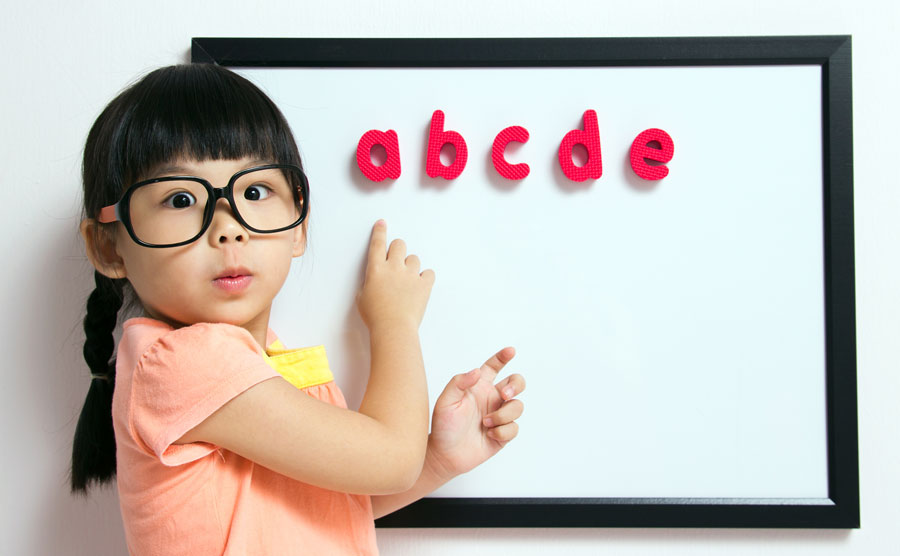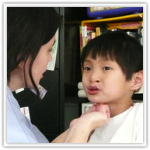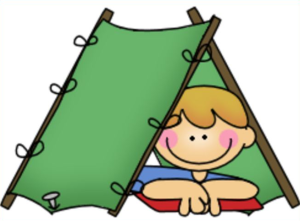BOOM, POP, SIZZLE! The sounds of July! Even before the celebration on the Fourth, popping firework sounds are up and down the street. And, we all love a great fireworks show on the Fourth of July! Did you know that fireworks and other loud noises can cause permanent hearing damage? According to the National Institute on Deafness and other Communication Disorders,
approximately 26 million Americans between the ages of 20 and 69 have high frequency hearing loss from overexposure to loud noises at work or during leisure activities. Children may be particularly vulnerable to this risk.
Of course you want to watch the fireworks and enjoy the day, but here are a few precautions you can take to make sure you protect your hearing or your child’s hearing.










